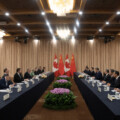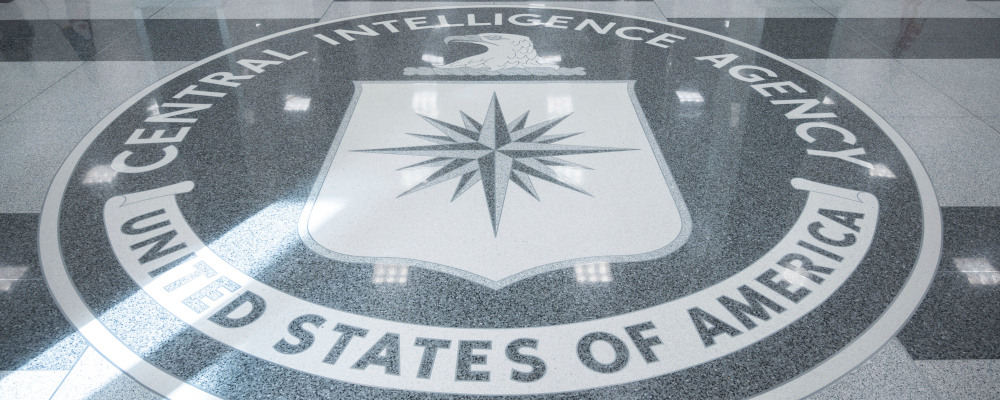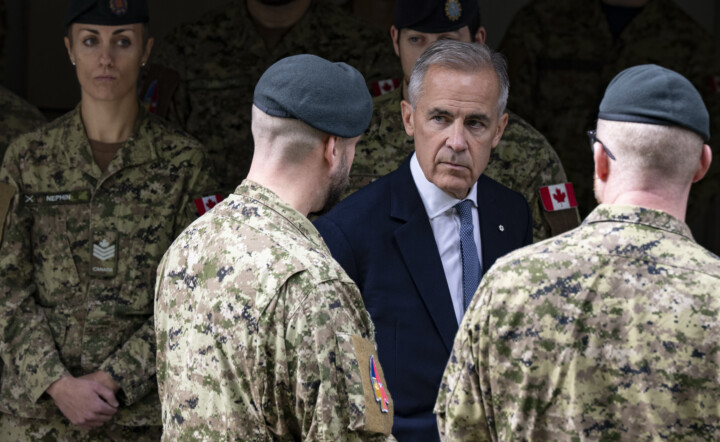What’s so foreign about Canada having another spy agency?
Canada is a proud member of an intelligence club known as the Five Eyes, which has been around in various forms since shortly after the Second World War, originally consisting of the U.K. and the U.S., but now encompassing Canada, Australia, and New Zealand. It is by far the world’s premier intelligence-sharing network, where very sensitive data, including SIGINT (signals intelligence), is sent back and forth among the allies. All this secret information can contribute to better policy and decision-making by our government’s top officials.
And yet, we in Canada are different. Our country is the only Five Eyes member without a foreign intelligence service. This has been a longstanding issue that has been raised in public from time to time, but as of 2024 is still unresolved (and unlikely to be so any time soon).

But, what is a foreign intelligence agency? Isn’t all intelligence the same? No, not really, though one form can, and often does, bleed into another. We in Canada distinguish between foreign and security intelligence and can turn to the Canadian Security Intelligence Service Act for some illumination.
In section 12 of the Act, security intelligence is defined as: “intelligence respecting activities that may on reasonable grounds be suspected of constituting threats to the security of Canada.”
Meanwhile, in section 16 of the Act, foreign intelligence is laid out as:
“in relation to the defence of Canada or the conduct of the international affairs of Canada…the collection of information or intelligence relating to the capabilities, intentions or activities of any foreign state or group of foreign states or any person other than a Canadian citizen, permanent resident or Canadian corporation.”
In a nutshell, security intelligence seeks to thwart those who mean to do us harm (foreign spies and terrorists, for example). It’s about gathering information that will protect Canada from threats. It is worth highlighting that this kind of intelligence knows no borders: CSIS is allowed to recruit, handle, and pay sources and post agents anywhere in the known universe to protect us from bad guys.
On the other hand, foreign intelligence provides information to help manage our relations with other nations. This involves finding information on the capabilities, intentions, and activities of state or individual actors within the political, diplomatic, defence, or even economic realm. But there are crucial limits on this capability.
Despite its name, CSIS is simultaneously a security and foreign intelligence service. Importantly, however, CSIS cannot collect foreign intelligence abroad under any circumstances. It can only collect foreign intelligence domestically within Canada. Doesn’t this sound counterintuitive? Here we are the outlier: the U.S. has the CIA, the U.K. has MI6, Australia has its Australian Secret Intelligence Service, and even little New Zealand has the New Zealand Security Intelligence Service. It therefore remains a valid question why Canada has opted not to have an independent foreign intelligence capability or allow CSIS to collect it outside our borders.
A political football
The matter has been a political football for decades. The drafters of the CSIS Act decided to limit the new agency’s functions, insisting it should be a civilian domestic intelligence when it split off from the RCMP back in 1984.
The Harper government promised to look into creating a new organization during the 2006 election but never got around to it. And, more recently, the former National Security Intelligence Advisor (NSIA) Jody Thomas, announced that having Canadian spies abroad was not a priority. So, where does this leave us?
It should be noted that we do have a foreign intelligence agency of a sort: the Communications Security Establishment. But CSE is a signals intelligence body, not a human intelligence one. Signals intelligence is passive in nature. That means it can collect what it can from what others say or transmit. Meanwhile, human intelligence is active in that you can tell a source what to ask or follow up on. While signals intelligence is an important part of intelligence, it is not the complete picture.
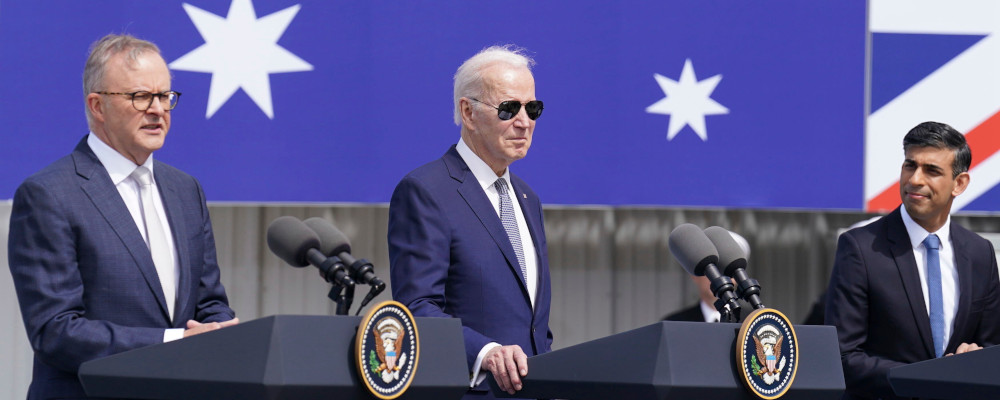
The case for a Canadian CIA
We need an independent voice on foreign intelligence for a variety of reasons. When it comes to Five Eyes intelligence, Canada cannot be seen merely as a taker and never a giver of information. Being seen as a non-contributing partner will lead to missed economic and strategic opportunities (such as our conspicuous absence from AUKUS), diminishing geopolitical influence, and increasing isolation as allies leave us behind and enemies prey on us for being weak. The consequences of our freeloading could be even bigger than we presently appreciate—how far can we push our allies before we risk being booted from Five Eyes altogether?
Furthermore, only we as Canadians can determine and truly satisfy Canadian interests. Yes, allies are your friends, but sometimes even close pals disagree. We cannot expect others to keep as watchful an eye on our well-being as they do their own. They simply will not have the same incentives or motivations that we do. Nor should they. Canada’s overall security and interests must ultimately rest in Canadian hands.
What would our foreign intelligence agency look like?
How difficult would it be to build a brand-new foreign intelligence service? Quite difficult actually. The easiest approach would be to have CSIS perform the function fully. This would only require the dropping of the “within Canada” clause from section 16 of the CSIS Act.
However, for this function to really succeed it would need proper resourcing and independence within the organization. For instance, my colleagues have talked about the idea of establishing a separate directorate within CSIS. This is what New Zealand does.
What would be more difficult to do is to create an organization from scratch. Qualified people would need to be found, cleared, trained, and deployed. The minister of Public Safety would have another file added to his or her plate. Policies and procedures would need to be put in place. While the total costs are unknowable it is safe to assume they would run into the tens of millions of dollars. Cover stories would have to be crafted for agents to work safely abroad. Agreements with allies would need to be struck. Source protection would have to be prioritised.
Foreign intelligence poses challenges that security intelligence does not. Since the Cold War and through the post-9/11 period, Five Eyes has agreed on the threats we face. We rightfully recognized that we needed to cooperate to defend our collective safety.
But, foreign intelligence is a much more competitive game. Yes, we are still close allies with the U.S., U.K., Australia, and New Zealand, but there are occasions when we may be vying for the same goal. For example, this could be for purely national and not international, reasons, such as a major economic project. It will not always be within our national interest to share all data with our allies. Intelligence agencies, including our own, can and do limit some data to their own nationals (referred to in the business as “no foreign,” or in Canada as “Canadian eyes only”).
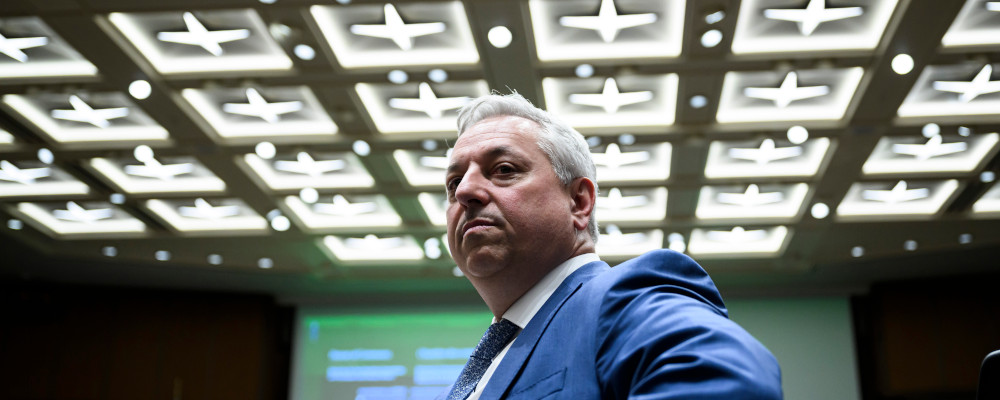
The sad reality
Regardless of the onerous tasks that underlie a new foreign spy body, the issue seems to be more or less moot in Canada. No government has made it a priority and there is little likelihood any future one will. There are several reasons for this disinterest. Canada suffers from a woefully inadequate intelligence culture, unlike our Five Eyes partners. By this I mean that intelligence is not appreciated or even read on a regular basis by senior officials, elected and/or appointed, up to and including the PM.
This was most recently demonstrated in the fiasco surrounding the People’s Republic of China’s foreign interference in our federal elections and the subsequent inquiry, which shows that intelligence pointing to a clear threat to our democracy was simply shunted aside. While this is security intelligence rather than foreign intelligence, having an independent agency operating abroad would contribute to our understanding of these harmful actors.
Security and foreign relations are not seen as important issues by most politicians. No election was ever lost or won on these fronts. Our MPs often cater to diaspora politics, and some may feel that focusing on foreign intelligence could upset voters. Ironically, our vast immigrant population would put us in a great position to recruit agents to help an intelligence agency; using these people and their cultural and linguistic knowledge to produce better foreign intelligence for our leaders on global issues.
Don’t hold your breath. Canada will not get its own CIA in the near future. We will remain a bit player on this front. As a result, our government will be in a poorer position when it comes to understanding what is happening outside our borders. And yet, we do benefit from the foreign intelligence our Five Eyes friends choose to send our way while refusing to contribute our fair share. It seems to be the Canadian way.
Recommended for You
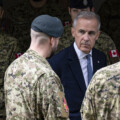
Canada needs an effective fighting force, not another boondoggle
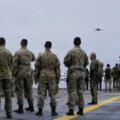
Canada’s secret plot to take over Greenland

‘An entire generation disappeared’: Why Venezuela’s real reconstruction will take decades
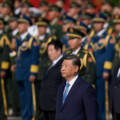
‘Diaspora politics are a dangerous business’: Former Canadian ambassador on the ongoing threat of foreign interference
